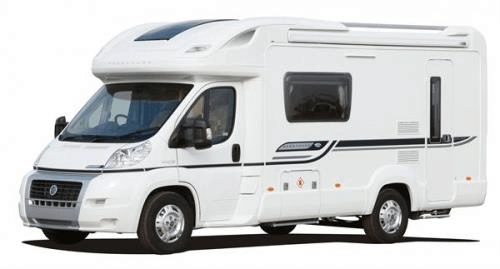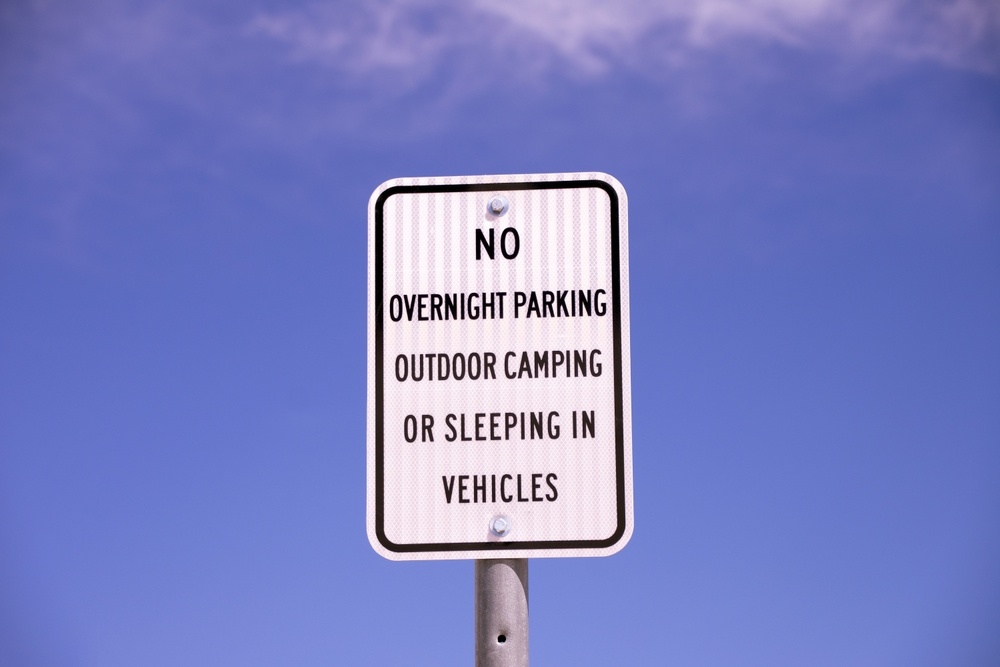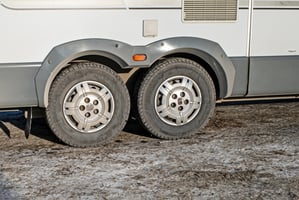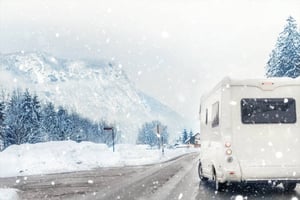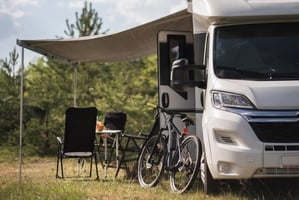When you’re preparing for your motorhome adventures, it’s easy to focus on the essentials - for...
This month, news was released that certain areas in North Yorkshire will be banning overnight parking for motorhome users. These locations, which fall in Scarborough, Whitby and Cayton, will be part of a trial for 18 months to see if banning overnight stays makes a difference to a range of concerns highlighted by the council, including worries about fires starting, and antisocial concerns including noise, littering and the inappropriate use of drains for getting rid of waste.
This particular ban is set to be enforced between 11pm and 7am for the next 18 months and is due to start in September, allowing for an initial six-month consultation period (during which the plan could then be changed, made permanent or even scrapped, according to news reports). It appears the council will be setting up an online consultation page as it wants detailed feedback on whether the plan is working, with the views of locals, tourists and motorhome users in the area being asked for.

So why has this happened in Yorkshire? Well, one reason that emerged from information lodged in council reports suggests that it was extended stays by motorhomes in the area which were often causing the problems, and that residents were subsequently complaining.
It seems too that motorhome users in other places in the UK are set to face stricter regulations on where they can park and stay overnight, as other areas also look to introduce restrictions. For example, new rules banning motorhomes from overnight parking along a promenade in Lancashire have also been put in place since July. Motorhomes are not allowed to park along St Annes promenade from 6pm to 8am, and any owner of a motorhome found breaking the rules runs the risk of receiving a Penalty Charge Notice and a fine of £70, according to the council there.
Why is all this occurring, then? Well, probably for several reasons. There’s no doubt that the pandemic spurred a significant increase in motorhome ownership, with many people turning to domestic travel as an alternative to overseas holidays, and while many motorhomes are used for pleasure and holidays, the cost of living crisis has also meant that many people are using their vehicles to live in as well. This surge has greatly increased the amount of wild camping that takes place.
It’s a fact - there are a lot more campers and motorhomes out there at the moment, and you only have to look at online groups and forums such as VanLife on Facebook to see that people are popping up and parking overnight in a variety of new places, both in rural areas and in locations such as lay-bys and car parks. This is then leading to various issues, particularly in popular tourist spots.
Local councils in several popular places have reported problems relating to overcrowding, litter, and the misuse of public spaces. With more motorhomes on the roads, the lack of proper facilities and infrastructure has become increasingly apparent, and that has prompted calls for stricter regulation, too.
There are many questions to be answered, of which the answers are perhaps not immediately apparent, so it’s of no surprise then that many of these bans being implemented are just trials at first. Where do the people go that are displaced? Does that then push people into less safe options for staying overnight? What extra costs will people come up against for finding alternatives? These are all valid points, no doubt.
Understandably, this news has sparked a debate within the motorhome community. Many motorhome users understand the need for some restrictions, especially in areas where the effects of wild camping have been most pronounced. Clearer guidelines and specific, designated parking areas could help mitigate the negative impact on local communities and the environment, ensuring that any motorhome tourism remains a positive force. It’s understandable, though, that if locals are complaining (and by this, we mean justifiably complaining) then councils have got to be seen like they’re doing something.

However, there is also concern that these restrictions could limit the freedom and, quite frankly, the need to be able to park up when needed. For some, these new rules may feel like an unnecessary constraint that could diminish the overall experience.
So what can the motorhome community do? As motorhome popularity continues to grow, it’s clear we need to be mindful of our actions. Don’t litter. Don’t be a nuisance with loud music, or be seen to leave the engine running. Comply with the restrictions in each area you visit, and read the signs properly so you don’t end up with a fine or a visit from the council (or the police). Don’t empty tanks where you shouldn’t, and be wary of what you do with your grey waste as many people don't understand what it is - let's be honest, it often looks like something that's being emptied out of the toilet. Be polite, especially when people ask about your life on the road, as they may not understand what it’s all about. Importantly, don't leave your awning out over night, taking up space, nor have groups of chairs congregated around the area you are in - it's not a campsite that you are on, and we know from feedback that this does annoy the locals.
If we don’t do all these things, who knows what the future might look like for van life. It’s certainly clear from reading comments on the various online forums that people there are asking for the minority to not spoil it for the majority - a very valid point indeed.
Let us know what you think about this issue in the comments below, and we’ll keep you updated of any developments as we hear them.



